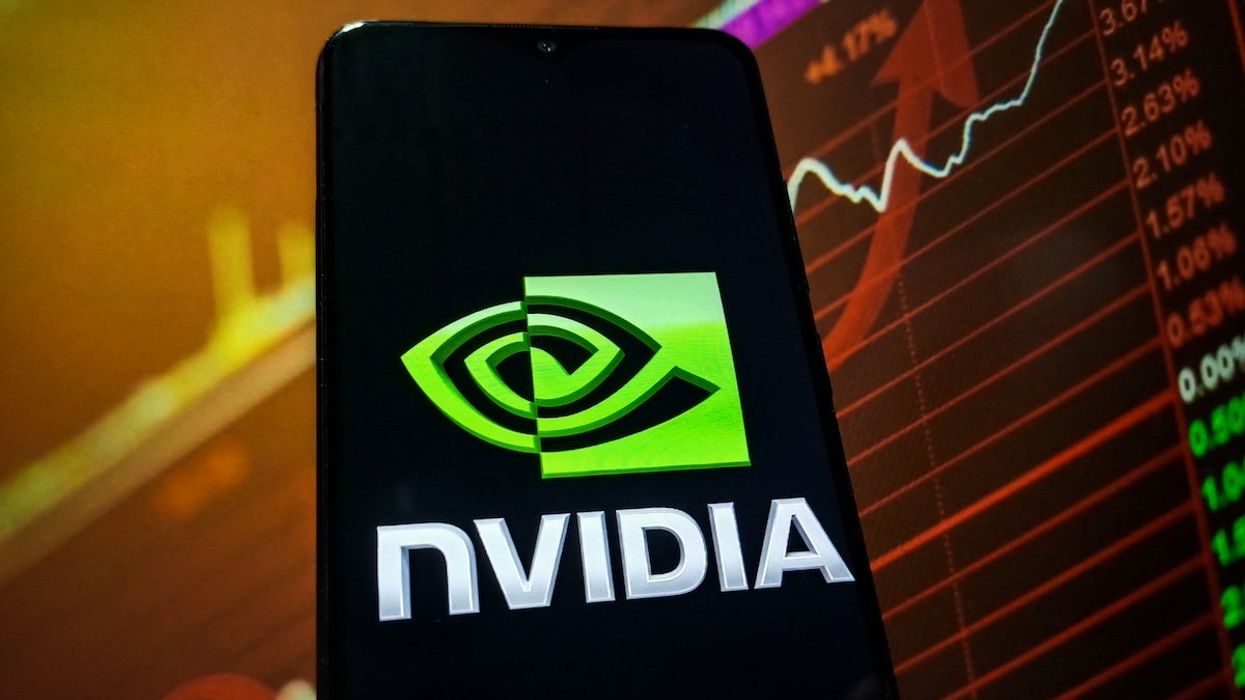GZERO North
Why is the Pentagon funding a Canadian tungsten mine?
Most Americans are likely unaware that the Department of Defense has morphed into a major mining investor but it is becoming a significant backer of Canada’s critical minerals sector.
Dec 19, 2024


